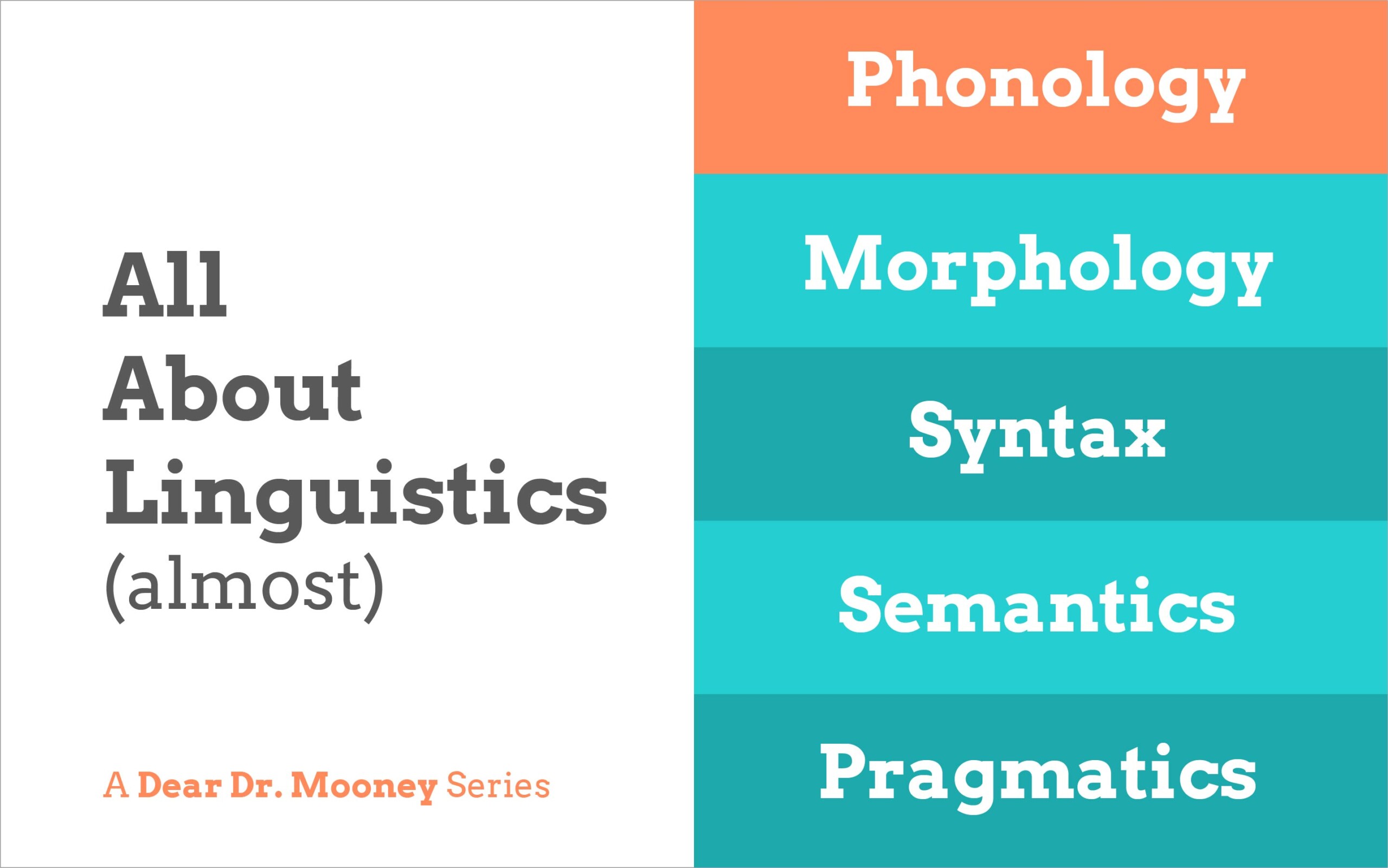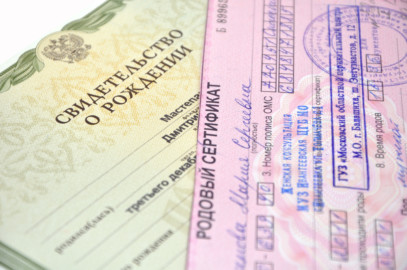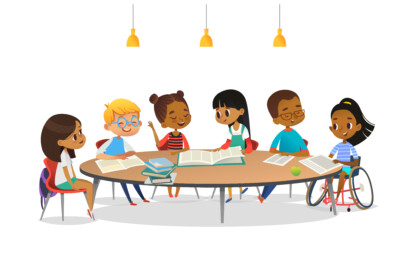Dear Dr. Mooney…
Forty percent of the students in our school speak a language other than English at home. Obviously, this means their family members are speaking that language, too. Some of their families have pretty high levels of English, but others don’t. Additionally, I hate to admit it, but I know very little about some of my students’ families, so I’m unsure of their level of English.
One of my current concerns is that most of the information that goes home from my classroom is in English. Many of the letters we send home from the district or school level are available in Spanish, but the ones from my classroom are not. I don’t speak Spanish, and I feel bad asking our bilingual teacher to translate everything for me. Not to mention, I have one student who speaks Vietnamese, and no one else in our school does. I’m concerned that my students’ families aren’t getting all of the information I want to share due to this language barrier.
What should I do?
Signed,
Monolingual English Teacher
Thank you for realizing this could be a problem, because the issue of communicating effectively with EL families often goes unnoticed.
Families of all students, whether they speak English fluently or not, have the right to know what is going on with their child’s education. This includes their child’s individual academic performance, the language or special needs programs available to them, school policies and events, and other general information related to the school.
Did You Know?
All non-native English-speaking families have the right to receive the same information sent to English-speaking families in a language they can understand.
The best option is translation to the native language; however, this is not always feasible. Sometimes your communication may be time-sensitive, such as when an important incident occurs at 2 pm, and there isn’t time to get your letter translated before the end of the day. Other times you simply do not have access to a translator for a less-commonly-spoken language, as with the one Vietnamese speaker at your school.
Implement these four suggestions…
To make it more likely families will be able to understand your meaning, these tips will help when native language translation is simply not possible.
- Use simple, active sentences. Passive sentences, or those with multiple dependent clauses, are more difficult to understand.
- Consider the vocabulary you use. Explain any educational terms that must be included. Would your non-educator family members understand the term? If not, explain it!
- Remove idioms and humor. These often do not translate well. All languages include idioms, but they are not the same in every one. Subtle uses of humor typically do not communicate across cultures either.
- Be clear, concise, and explicit. There is no need to beat around the bush (an idiom!) or use more words when you can make your point with fewer. Cut the fluff!
Following these tips for providing more comprehensible written communication makes it more likely that family members with limited English will be able to understand it. Plus, this approach helps apps such as Google Translate (not a perfect solution) translate more accurately.
Next week:
I’ll use these tips to show you how an actual letter that was sent by a school could be rewritten to make it more comprehensible for EL families.









Comments are closed.
[…] Last week, I talked about the importance of making your written communication comprehensible for families. The best way to do this is to have it translated into the parents’ native language. However, I realize that’s not always possible or feasible. In those instances when you must write in English, the next best thing you can do is to follow these four tips: […]
[…] their native language and few translation services are available in your school. However, there are some simple tips you can follow to create documents that families will be more likely to […]